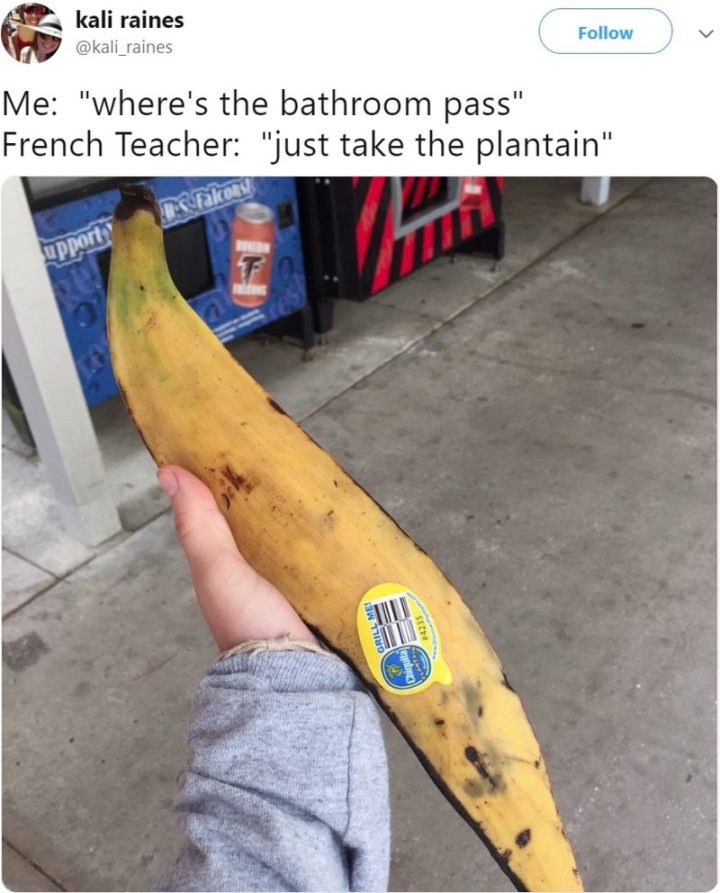As I was scrolling through Facebook a couple days ago, I saw a link that someone shared to their timeline. The title of the article was "The CEO of Instagram is taking away likes". My first reaction to that was "Oh no, why?" I was confused as to why they wanted to take away likes from Instagram. I thought about it for a while and my opinion changed. I realized that by doing this will be beneficial for people. Its time to live in a world again where our focus doesn't revolve around likes. I am sick having this thought in the back of my mind that my social media isn't "good" enough. I feel embarrassed even saying that. I go through my Instagram and look and see how many likes each photo gets and if a photo doesn't have enough likes, I will archive it. Instagram users will be experiencing an app without the focus on likes and I think this is truly going to be the best for people. Adam Mosseri, CEO of Instagram decided to hide likes to followers for a little bit. He is doing it as a social experiment to see how people react to not seeing likes on their pictures. Living in a world without likes? I cant relate. Ever since middle school, that I can remember, likes have been a big influence for not just me but peers in my classes. Social medias biggest flaw is obsession with how many likes you get on your photo or status which is why Adam is trying to make a point and disappearing likes from photos for a couple months to create less pressurized society.
https://www.newsweek.com/instagram-ceo-announces-likes-will-disappear-us-accounts-starting-next-week-1470755
What makes me think in the back of my mind about Instagram taking away likes is, what is all of these Instagram influencers going to do? Their job is to post and promote brands on Instagram, they practically live off of likes. What are they going to do now? There is definitely people out there who are making thousands of dollars off of likes on their Instagram posts. What also makes me think is the people who buy/bought their likes and followers are the ones who are the fools now. All of those influencers must feel stupid knowing they wasted all of their money for fake accounts to give them clout. All of this is about clout and doing posts for the "people" and catering to their likes. What I mean by that is they try and get as much attention as they possibly can to please everyone. The goal is to get attention to their posts and how many likes they get on your picture is important for them. People are obsessed with the number of likes each of their pictures gets and taking away likes on Instagram is going to be a culture shock for most. We will just have to wait and see how our society reacts to this.














